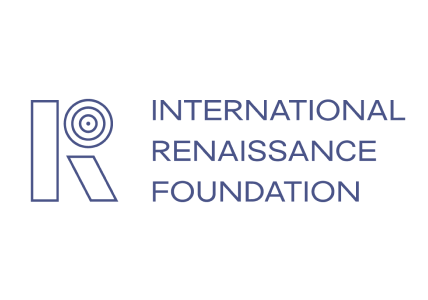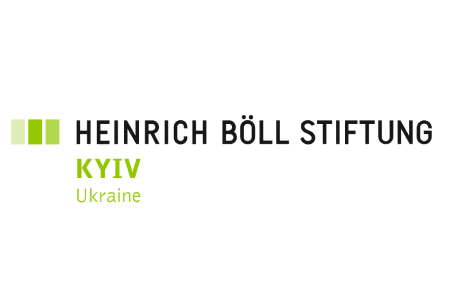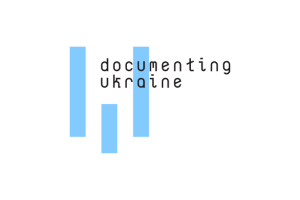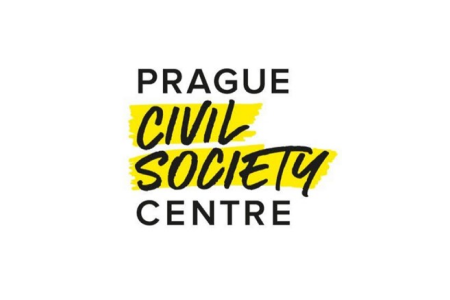Russia’s full-scale war against Ukraine has been a great social shock. The war affects emotional states, everyday lives and routines, public opinion, interpersonal relationships, socioeconomic situations, employment, civil activity. The scale of these changes is unprecedented for both Ukraine and Europe in the perspective of decades. At the same time, these changes will affect the future of social institutions in postwar Ukraine and its further development in general. Capturing and conceptualizing these changes allows us to obtain data both for future research of Ukrainian society after the war and for planning transformative changes.
As a team of social researchers and analysts, we have been studying and analyzing the impact of war on Ukrainian society since the first weeks of the full-scale war. In March 2022, we conducted our first study to capture the thoughts, feelings and actions of people in Ukraine during the first two weeks after February 24, 2022. In order to record the dynamics of changes in emotional states, decision making, and adaptation of everyday life to the conditions of war, we conducted another wave of the study every three months during the first year of the full-scale war, and then once a year.
- In March 2022, we conducted our first study to capture the thoughts, feelings and actions of people in Ukraine during the first two weeks after February 24, 2022.
- the second wave of the study was conducted in May 2022, focusing on the first three months of the full-scale war;
- the third wave was conducted in August 2022, focusing on the six months of the full-scale war;
- in November 2022, we conducted the fourth wave, dedicated to nine months of the full-scale war;
- in February–March 2023, we conducted the fifth wave dedicated to a year of full-scale war to capture the impact of further developments and the changes caused by them;
- we conducted the sixth wave, dedicated to the second year of the full-scale war. In February–April 2025;
- the seventh wave of the study was conducted to capture the impact of further developments during the third year of the full-scale war and the changes caused by them.
The research team is grateful to everyone who has filled out the questionnaire and to those who have shared it. We also thank everyone whose support enabled us to prepare this research, particularly all people who have made donations to Cedos’s work, as well as our donors. This research hes been prepared thanks to the Think Tank Development Initiative in Ukraine, implemented by the International Renaissance Foundation with financial support by the Embassy of Sweden in Ukraine; as well as with the support of the ZMIN Foundation, the Prague Civil Society Center, the Heinrich Boell Foundation and the Documenting Ukraine project from the Vienna Institute for Humanitarian Studies.











